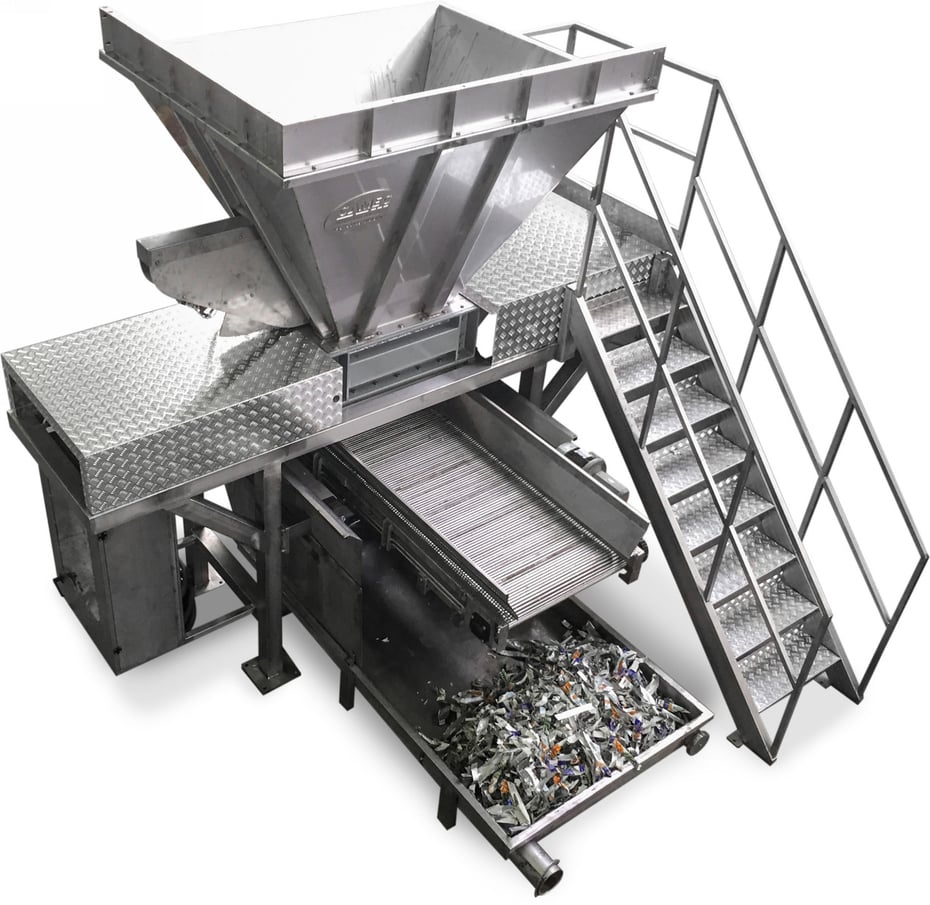The recycling of plastics is undoubtedly the best option available to us to reduce pollution, save raw materials and protect the environment and ourselves from the negative effects of the dispersion of waste in nature and at sea ( dispersione dei rifiuti in natura e in mare).
This position is also confirmed by the rules of the European Community, which in 2015 adopted an action plan which aims to facilitate Europe’s transition towards a circular economy, in which waste is not simply disposed of but sent to recycling, to become raw material for further productions (materia prima per ulteriori produzioni).
It is no coincidence that, in the EU action plan, the plastics sector is identified as one of the priority areas on which to invest to achieve this result. The reasons for encouraging and encouraging the recycling of plastic are in fact many. Here are the top 5:
- Plastic recycling allows us to defend nature, animal species and ourselves: plastic dispersed in the environment or disposed of in landfills takes centuries to degrade, and when it does, it still contributes to creating pollution, disintegrating into microplastics that are harmful to the health of animals and humans. Starting plastic for recycling, properly sorting municipal waste and disposing of industrial waste according to the law, is essential to prevent this risk and to prevent plastic, dispersed in nature or in the sea or stored in landfills, from becoming a heavy legacy. for future generations.
- Il riciclo della plastica permette di risparmiare risorse e materie prime: la plastica viene prodotta a partire da materie prime non rinnovabili, come il petrolio e il metano. Questo fa sì che la sua produzione sia molto “costosa” a livello ambientale, perché si basa su risorse che si sono create nel corso dei millenni e che non potranno essere sostituite, una volta giunte a esaurimento. Se pensiamo che per produrre una sola tonnellata di plastica sono necessari 900 litri di petrolio, oltre a una notevole quantità di acqua e di energia, l’importanza del riciclo diventa evidente.
- The recycling of plastics saves resources and raw materials: plastic is produced from non-renewable raw materials, such as oil and methane. This means that its production is very “expensive” at an environmental level, because it is based on resources that have been created over the millennia and which cannot be replaced once they have run out. If we think that 900 liters of oil are required to produce a single ton of plastic, as well as a significant amount of water and energy, the importance of recycling becomes evident.
- Plastic recycling fights pollution and limits the use of landfills: the mining industry of fossil fuels is highly polluting and has a heavy impact on the environment, because oil refining activities produce potentially dangerous substances. Also for this reason it is important to try to recover used plastic as much as possible, disposing it to advanced recycling centers that can transform it into secondary raw material. Furthermore, separate collection and recycling are the best weapon at our disposal to slow down the filling of landfills, which are in turn potential sources of pollution. It is estimated that, in 2018 alone, separate waste collection prevented about 34 million cubic meters of waste from ending up in Italian landfills: working to increase these numbers is essential to improve air and soil quality and better protect the everyone’s health.
- The recycling of plastic allows to limit CO2 emissions into the atmosphere: the plastic production process produces significant quantities of carbon dioxide and other greenhouse gases (ethane, dinitrogen monoxide, HFC …), which are emitted into the atmosphere in all phases of oil extraction, transport, refining, processing of polymers and their distribution on the market. Greenhouse gases emitted into the atmosphere are the main culprits of climate change and global warming, which is why it is necessary to do everything in our power to try to stem this phenomenon. Recycling plastic allows us to give a concrete answer to this need: the recycling process, which allows us to obtain plastic that can be used for new applications, produces a much lower quantity of emissions than the production process of “new” plastic materials.
- Plastic recycling feeds a “virtuous” supply chain that creates value and employment: the benefits for the environment, animals and human health are not the only positive aspects of plastic recycling. Choosing to incentivize recycling and limit the delivery of waste to landfills also allows us to create virtuous development models that have positive effects on the whole of society. The PlasticsEurope association, made up of plastics producers, estimates that stopping the landfill of recyclable and recoverable materials would create over 300,000 jobs in the sector, fueling a supply chain that affects not only recycling centers, but also industries that use recycled plastic to give it new life. If we think that 67 bottles of water can, after recycling, become the filling for a double duvet, or that 700 detergent bottles and 1000 shopping bags can become a beach cabin, it becomes clear what the potential is connected with recycling, and how important it is to exploit them economically.

